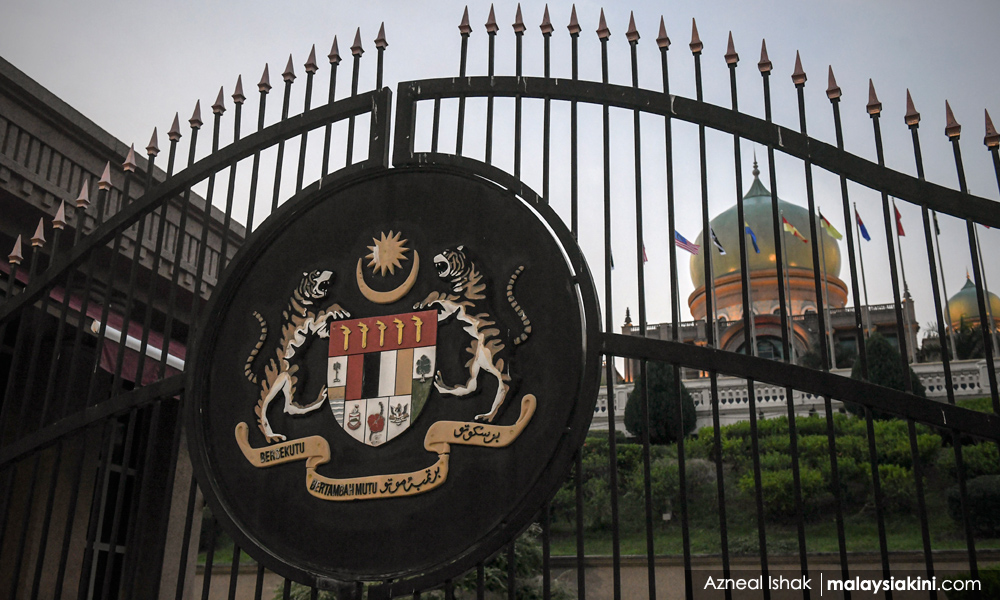The Communications and Digital Ministry has begun its engagement process with tech giants Google and Meta on curbing online harm.
Among others, the ministry wanted Google and Meta to address the dissemination of content related to child sexual abuse material, online gambling, incitement of “race, royalty, and religious discontent”, scams, phishing, the sale and promotion of illegal drugs and prohibited substances, impersonation, the spread of disinformation, and fake news.
In a statement, the Communication and Multimedia Commission (MCMC) said the engagement was a “pivotal move” towards eventual regulation of digital platforms and addressing the challenges posed by the evolving landscape of online media.
MCMC said TikTok will also be engaged soon on the same matter.
The commission added that Putrajaya was also in discussion with major online platforms to establish a licensing and regulatory framework.

According to the commission, some of the measures being considered so far is a regulatory framework similar to those implemented in Australia and Canada.
“Following Australia’s passing of the world’s first mandatory news media bargaining code, which has led Google and Meta to make voluntary compensation agreements with news outlets, has served as an example of the importance of fair compensation.
“Similarly, Canada’s Bill C-11 aims to regulate streaming platforms and requires them to support Canadian content,” said the MCMC.
The MCMC also noted that Putrajaya wanted big tech firms to address digital market challenges such as “the imbalance in income for traditional advertising expenditure (Adex) between digital platforms and local media to ensure fair compensation for news content.”
International framework
Australia’s pioneering News Media and Digital Platforms Mandatory Bargaining Code has been heralded as a law that helped some news outlets deal with flagging advertising revenue and maintain their level of journalism. This has served as a template for other countries to follow.
However, this law has been criticised for allowing the lack of transparency over how the payout is utilised and that some smaller outlets were left out.
Canada recently passed a similar law known as the Online Streaming Act, which not only involved a payout but made it mandatory for big tech to prioritise Canadian content.
Meta has reacted by restricting Canadian users from seeing content posted by Canadian news outlets on Facebook and Instagram.
Meanwhile, MCMC said Putrajaya also aims to regulate artificial intelligence technology to ensure “fair and wise practice”.
“This includes plans to encourage fair competition, strengthen intellectual property rights, and protect consumers from online harms and privacy.
“As Malaysia charts its course in the digital age, the ministry and MCMC are committed to fostering an environment where digital platforms operate fairly, responsibly, and in the best interest of the public,” said the MCMC. - Mkini




No comments:
Post a Comment
Note: Only a member of this blog may post a comment.